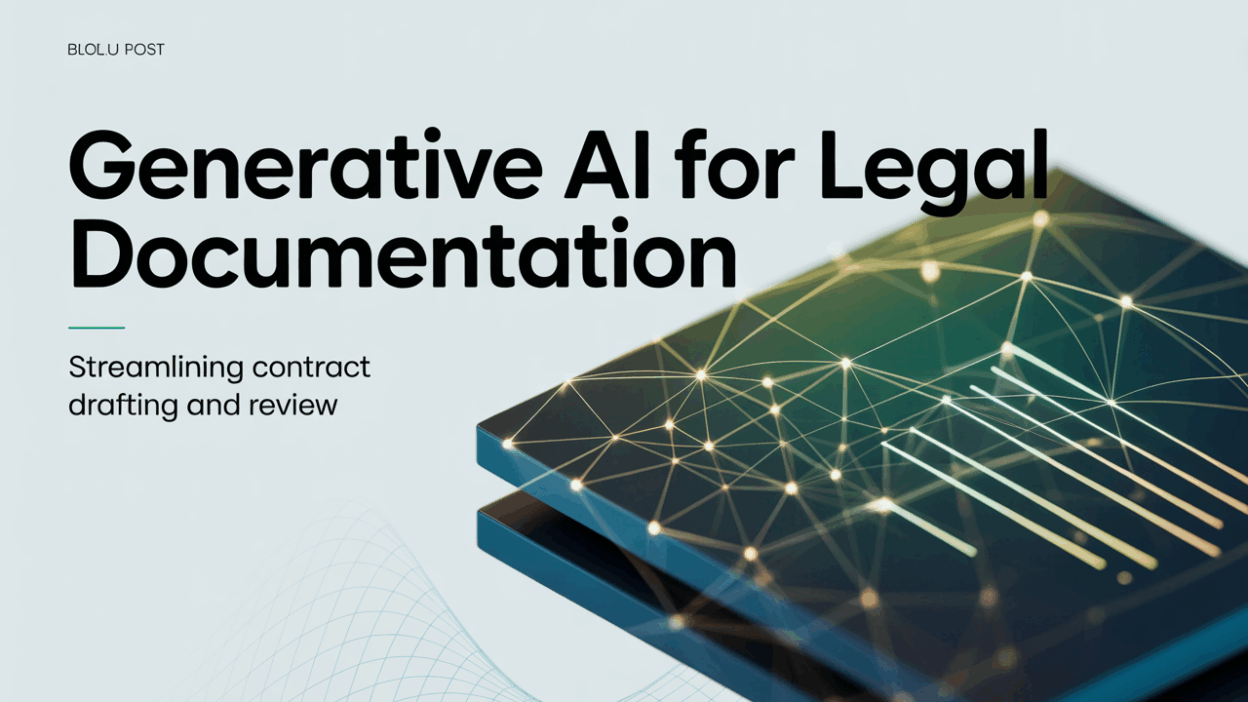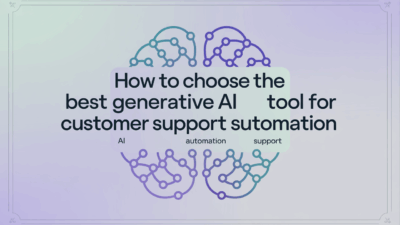Generative AI is reshaping the landscape of legal documentation, particularly in the areas of contract drafting and review. As law firms and legal departments seek ways to enhance efficiency and accuracy, generative artificial intelligence has emerged as a powerful tool that automates and streamlines traditionally time-consuming processes.
One of the most notable applications of generative AI in the legal field is document drafting. With the ability to generate contracts, wills, trusts, and other legal texts using pre-defined templates and input data, AI significantly reduces the time required for these tasks . Legal professionals can now focus on more strategic aspects of their work while relying on AI to handle routine drafting with precision.
Contract review, another critical area in legal practice, has also benefited immensely from generative AI. The technology enables faster and more accurate analysis of contracts by identifying key clauses, flagging inconsistencies, and even suggesting revisions based on best practices . This not only accelerates the review process but also minimizes the risk of human error, ensuring that legal documents are thorough and compliant.
In addition to improving productivity, generative AI enhances collaboration within legal teams. By automating repetitive tasks such as generating standard clauses or summarizing lengthy agreements, AI allows attorneys to allocate their time more effectively. Furthermore, tools powered by generative AI can assist in predicting case outcomes and managing legal workflows, contributing to smarter decision-making .
Despite its many advantages, the integration of generative AI into legal documentation requires careful consideration of ethical and practical challenges. Issues such as data privacy, bias in AI models, and the need for human oversight remain crucial concerns that must be addressed to ensure responsible use of the technology .
As generative AI continues to evolve, its role in transforming legal documentation becomes increasingly prominent. Firms that adopt this technology stand to gain a competitive edge through improved efficiency, reduced costs, and enhanced client service. However, success lies in leveraging AI as a complementary tool rather than a replacement for human expertise.
In conclusion, generative AI is revolutionizing how legal professionals approach contract drafting and review. By combining technological innovation with legal acumen, practitioners can achieve greater accuracy and efficiency, ultimately delivering better outcomes for clients. As the legal industry embraces this transformation, ongoing education and adaptation will be key to harnessing the full potential of AI in legal practice.



